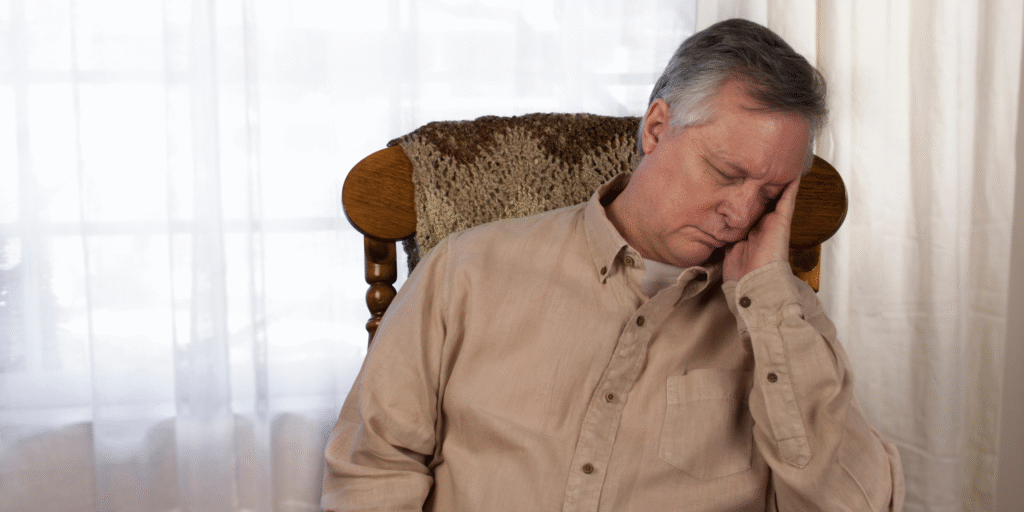You went to bed early. Slept a full eight hours. But somehow, you still feel like you’ve been hit by a truck.
Your eyes are heavy by 2 p.m, you’re reaching for your third cup of coffee before lunch, yet no matter how hard you try, the energy just… isn’t there.
Why?
If you’re living with Type 2 Diabetes (or even prediabetes) this kind of fatigue isn’t just frustrating. It’s a sign your body’s waving a flag for help.
What It Means When Your Labs Say “You’re Fine,” But You Still Feel Wiped Out
We hear this from patients all the time: “My A1C is almost normal now. So why do I still feel like garbage?”
Here’s the thing: Your labs might be improving, but they don’t always tell the full story. A1C shows your blood sugar averages over the last few months. That’s helpful, but it’s not real-time. And it definitely doesn’t reflect how your body’s functioning day to day.
That constant tired feeling? That’s not something we ignore. That’s something we investigate.
Why Fatigue Shows Up So Early
Most people don’t realize that fatigue is often the very first symptom of insulin resistance.
This is because when everything’s working properly, your body takes the food you eat, breaks it down into sugar (glucose), and delivers that sugar into your cells to be used as energy.
But if you have insulin resistance (which most people with Type 2 Diabetes do) your cells stop responding to insulin like they should. So instead of absorbing that sugar, your cells block it out.
Now your blood sugar rises, your cells stay empty, and your body starts running on fumes. And when your cells can’t get the fuel they need?
- Your muscles feel heavy.
- Your brain gets foggy.
- You feel like napping by 10 a.m.
- And all you want is something sweet or caffeinated to just feel “normal” again.
This isn’t just “getting older.” It’s a breakdown in the way your body makes and uses energy.

What You Can Do to Start Feeling Better
If you’re tired all the time — even when your labs look decent — don’t write it off. That’s your body asking for a better plan.
Here are some of our recommended starting points:
- Eat protein with every meal, especially in the morning. It helps your blood sugar stay steady and gives your brain fuel to run on.
- Cut back on “naked carbs” like toast, cereal, fruit by itself. These spike your blood sugar and leave you more tired later.
- Strength train (even lightly) a couple times a week. More muscle = better glucose use = more energy.
- Watch your caffeine. If you’re using coffee just to function, it’s time to ask why. Caffeine can actually make blood sugar swings worse.
- Track how you feel, not just what you weigh. Fatigue, cravings, energy crashes — these are all just as important as what the lab says.
And most importantly…
- Find someone who won’t dismiss your symptoms. If your doctor sees “normal labs” and tells you you’re fine, but you know something’s off — you need a second opinion.
Because energy isn’t a luxury. It’s the baseline you deserve.
Tired Isn’t Normal. It’s a Signal
Tired doesn’t mean lazy, nor does it doesn’t mean weak. And it definitely doesn’t mean “this is just your new normal.”
Fatigue is a clue, and if we follow it (and choose to really listen to it) it can lead you to real healing. So if you’re dragging through the day, even when your numbers look fine, let’s look deeper. Your body is talking, and we’re here to help you hear what it’s saying.
